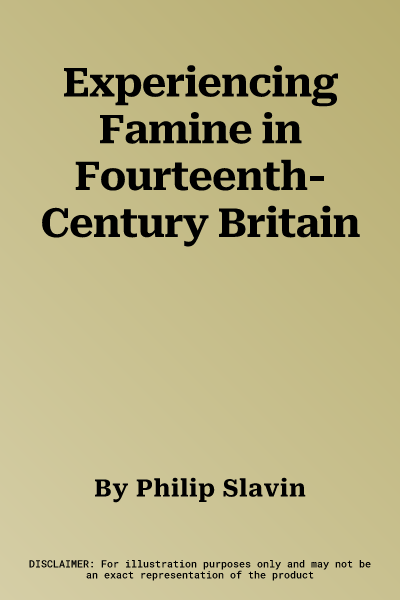Philip Slavin
(Author)Experiencing Famine in Fourteenth-Century BritainHardcover, 7 November 2019

Qty
1
Turbo
Ships in 2 - 3 days
In Stock
Free Delivery
Cash on Delivery
15 Days
Free Returns
Secure Checkout

Print Length
442 pages
Language
LatinEnglish
Publisher
Brepols Publishers
Date Published
7 Nov 2019
ISBN-10
250354780X
ISBN-13
9782503547800
Description
Product Details
Author:
Book Format:
Hardcover
Country of Origin:
GB
Date Published:
7 November 2019
Dimensions:
23.88 x
16.51 x
3.3 cm
ISBN-10:
250354780X
ISBN-13:
9782503547800
Language:
Latin
English
Location:
Turnhout
Pages:
442
Publisher:
Weight:
907.18 gm